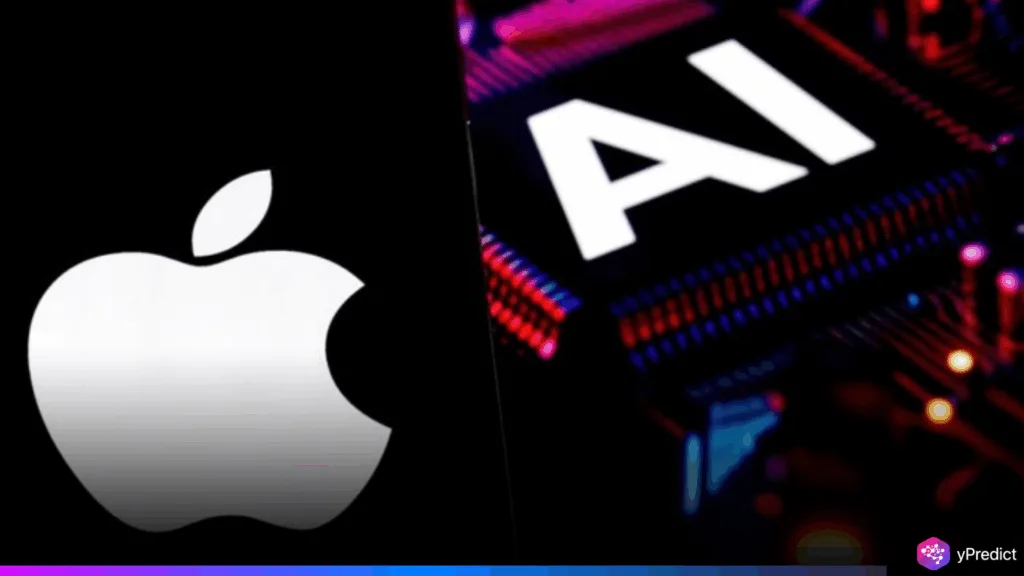
As Apple prepares for its annual Worldwide Developers Conference (WWDC) on Monday, all eyes are on whether the company can regain momentum after overpromising and underdelivering on generative AI features. Last year, it unveiled “Apple Intelligence,” including major upgrades to Siri, but key features never arrived. Analysts say the company misjudged the speed of the AI race. “It advertised a lot of features… and it just didn’t happen,” said Gadjo Sevilla of Emarketer. Now, expectations hinge on whether Apple can show progress, or at least offer transparency, after falling behind rivals like Google, OpenAI, and Samsung.
Developers Frustrated as Apple Clings to Control
Beyond AI, Apple faces deepening friction with developers. Tensions remain high over its tight ecosystem and 30% commission fees, especially after it failed to deliver promised new tools and functionality. “It’s a double black eye,” said analyst Gadjo Sevilla, referencing Apple’s developer policies and AI delays. A recent court ruling in favor of Fortnite maker Epic Games forces it to allow alternative payment systems, but developers want more flexibility. Analysts believe it may need to rethink its “walled garden” approach as AI integration expands.
Creative Strategies’ Carolina Milanesi noted that AI could pressure it to become more open: “Maybe with AI, it’s the first time it needs to rethink the open versus closed ecosystem.” Developers also want deeper integration capabilities as AI reshapes user interaction. If it hopes to keep developers onside, WWDC could be the moment to extend an olive branch. Whether it’s through SDKs for generative AI, new APIs, or more transparent AI roadmaps, Apple must now prove it’s ready to evolve. For many developers, the hope is simple: that Apple moves from defensive posturing to collaborative innovation, and soon.
Can Apple Catch Up in the AI Race?
Apple’s AI delay stands out starkly in a market where competitors are launching generative tools at breakneck speed. Google is embedding Gemini across its services. OpenAI is pushing boundaries with ChatGPT updates. Meanwhile, Apple’s flagship AI, still unreleased, remains in limbo. Analysts Gene Munster and Brian Baker wrote that Apple “underestimated the AI shift, then over-promised features, and is now racing to catch up.” Complicating matters further, Apple now faces symbolic pressure. Jony Ive, the designer behind the iPhone, is teaming up with OpenAI to create a new AI device. “That puts Apple on the defensive,” said Sevilla. “The designer of your most successful product is now building something to replace it.”
While WWDC is expected to focus on software, a surprise hardware reveal could help shift the narrative. Rumors suggest partnerships with Perplexity or Google could also be announced to bolster Apple’s AI credibility. Still, looming issues like Trump-era China tariffs and potential production relocation threats remain in the background. Analysts agree: moving iPhone manufacturing to the U.S. would be economically unfeasible. For now, Apple must rely on WWDC to restore confidence among developers, investors, and fans by proving that it’s not just reacting to the AI race but is ready to lead.
Loyal Users Give Apple Breathing Room, For Now
Despite mounting challenges, Apple still has one major asset: brand loyalty. Fans deeply invested in Apple’s ecosystem are likely to stay put, even as they grow impatient for smarter AI features. “Do people want a smarter Siri? Hell yeah,” said analyst Carolina Milanesi. “But if you’re in Apple, you’re in Apple.” That loyalty buys it time, but not forever. As WWDC unfolds, the company has an opportunity to restore trust, rally developers, and signal it’s serious about AI. Otherwise, it risks letting its “magic” slip further while competitors redefine what’s possible in the post-smartphone era.






